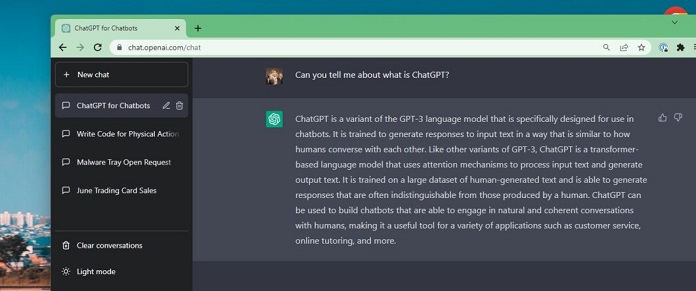By Cynthia Catlett*
The risks associated with the use of artificial intelligence (AI) raise significant concerns that deserve attention. While specific responses may vary, we may consider several warning scenarios.
One of the main risks is the issue of confidentiality. The use of AI involves sharing large amounts of data, including sensitive information. This can compromise privacy principles, contrary to regulations such as the General Data Protection Act (GDPR).
To illustrate this risk, let’s consider the example of a professional working on a top-secret project for a company that decided to use AI to input information about a prototype. Or even an executive working on information that cannot be shared publicly, but which professionals can easily feed into AI tools. What level of confidentiality does this platform guarantee?
Another concern raised by critics of AI is the ease with which it can create fake profiles and spread fake news. In an increasingly polarized world with few effective mechanisms to combat the spread of fake news, caution is required, beyond relying on information verification consortia. Also, given the speed at which these tools generate content, how effectively can we combat inaccurate or misleading information?
Intellectual property also presents an area of risk, especially as AI has been used to recreate the voices of global entertainment artists. Some artists, such as Grimes, have shown support for sharing royalties from AI-generated music. However, others, such as Canadian rapper Drake, experienced problems with songs they were associated with but generated by AI. Platforms like Spotify, which share AI-generated music, enforce control measures and remove these songs from the platform. In this context, intellectual property lawyers need to be prepared for the challenges that may arise.
A less discussed but fundamental aspect is the possibility of coding malware via AI. Additionally, AI can be used to generate phishing messages aimed at stealing data, increasing the need for adequate cybersecurity measures to mitigate risks.
Advances in AI are impressive, but every innovation still needs to be carefully studied, debated and closely monitored by all stakeholders. In this brave new world, we cannot ignore the risk that permeates every decision and action.
Despite the warnings and concerns that arise regarding the use of AI, it is very important to recognize that this technology also offers many benefits and opportunities. The discussion around AI will continue to dominate the conversation in professional circles, in positive, negative and constructive aspects. While it is critical to understand and address the associated risks, we must maintain a cautiously positive outlook on the transformative potential of these tools.
*Cynthia Catlett is Vice President of CRA in Brazil

“Coffee aficionado nerd. Troublemaker. General communicator. Gamer. Analyst. Creator. Total brew ninja.”




:strip_icc()/s.glbimg.com/jo/g1/f/original/2012/04/08/skrillex-7.jpg)


